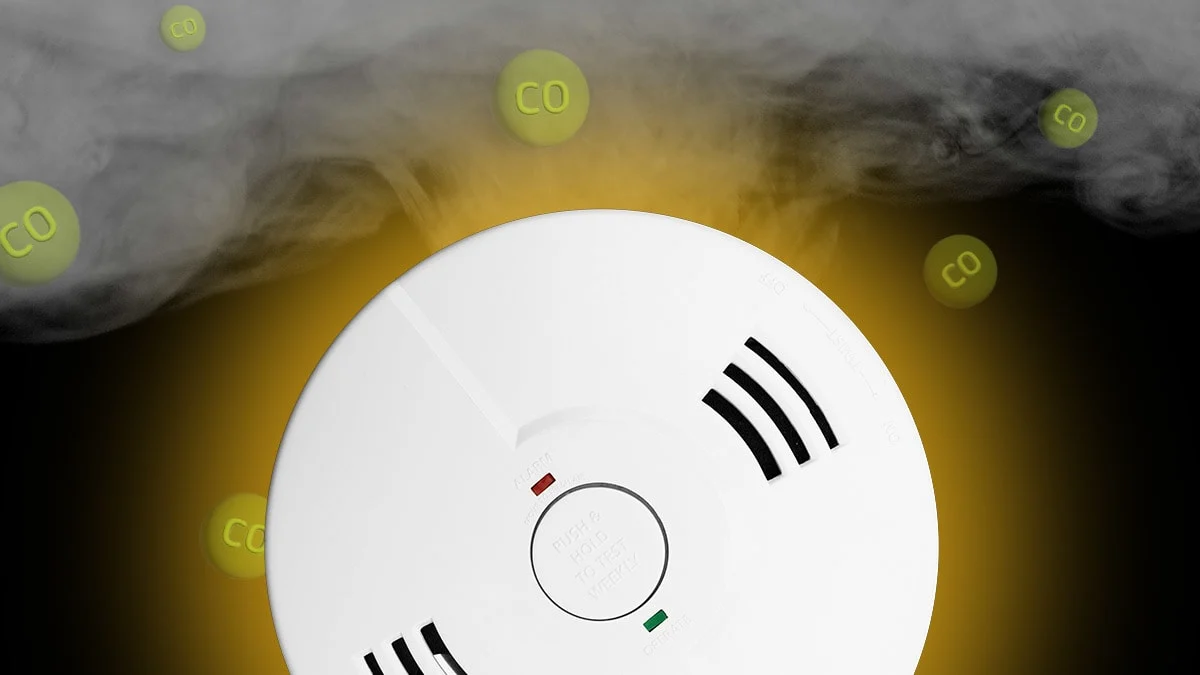In the hustle and bustle of daily life, the safety of our homes is often taken for granted. However, the threat of a home fire is a reality that can be devastating. Adopting a flame-free lifestyle by implementing essential fire prevention measures is crucial for the well-being of your family and the protection of your property. In this comprehensive guide, we will explore key tips to ensure flame-free living and create a secure environment for you and your loved ones.
1. Install Smoke Alarms Strategically:
The first line of defense against a home fire is a reliable smoke alarm system. Install smoke alarms in key areas such as bedrooms, hallways, and the kitchen. Regularly test the alarms and replace batteries at least twice a year. Consider upgrading to interconnected alarms, so when one sounds, all others do too, ensuring everyone in the house is alerted promptly.
2. Create and Practice a Fire Escape Plan:
Preparation is key. Develop a detailed fire escape plan with all members of your household. Identify primary and secondary escape routes from each room and establish a meeting point outside. Practice fire drills regularly to ensure everyone knows what to do in case of an emergency. The more familiar your family is with the escape plan, the calmer and more organized the evacuation will be.
3. Exercise Caution in the Kitchen:
The kitchen is a hotspot for potential fires due to cooking activities. Always supervise cooking, especially when using open flames or hot surfaces. Keep flammable items like dish towels and paper towels away from stovetops, and never leave cooking unattended. Invest in a fire extinguisher for the kitchen and learn how to use it properly. Being vigilant in the kitchen significantly reduces the risk of a fire starting.
4. Maintain Electrical Appliances and Wiring:
Faulty wiring and malfunctioning electrical appliances are common culprits in home fires. Regularly inspect and maintain all electrical devices, looking out for frayed wires or overheating. Avoid overloading outlets and extension cords, and hire a professional electrician if you experience frequent electrical issues. Unplug appliances when not in use, and don’t forget to turn off heating devices such as space heaters before going to bed or leaving the house.
5. Mind Your Heating Sources:
To prevent fire hazards with heating appliances like space heaters, fireplaces, wood stoves, and furnaces, maintain a safe distance from flammable items, never leave them unattended, and opt for space heaters with safety features. Conduct regular cleaning and inspections of chimneys and vents to avoid creosote buildup. Ensure timely maintenance and repair of furnaces in Salt Lake City for safe and efficient operation, reducing the risk of fire hazards.
6. Store Flammable Materials Safely:
Many households store flammable materials without realizing the potential danger. Keep gasoline, propane, and other combustible substances in well-ventilated areas outside the house, away from heat sources and direct sunlight. Store firewood away from the house, and if you have a barbecue grill, maintain a safe distance from structures and never use it indoors.
7. Be Cautious with Candles:
Candles add a warm and cozy ambiance to any home, but they also pose a fire risk if not handled with care. Always place candles in sturdy holders on stable surfaces, away from flammable materials. Never leave candles burning unattended, and consider using flameless LED candles as a safer alternative for long-lasting illumination.
8. Secure Your Smoking Habits:
If you smoke, do so responsibly. Use deep, sturdy ashtrays and ensure cigarettes and ashes are fully extinguished before disposal. Smoking should be done outdoors, and never in bed or when drowsy. The risk of fires caused by smoking materials can be greatly reduced by implementing simple precautions.
9. Invest in Fire-Resistant Home Features:
Consider upgrading your home with fire-resistant materials and features. Fire-resistant roofing, siding, and windows can provide an extra layer of protection. Additionally, create a defensible space around your property by clearing away dead vegetation and maintaining a safe distance between trees and structures.
10. Stay Informed and Educate Your Family:
Knowledge is power when it comes to fire prevention. Stay informed about fire safety practices and make sure your family is educated on the potential risks and preventive measures. Share information about fire prevention with your children and teach them the importance of being cautious around fire-related items.
By incorporating these essential tips into your daily routine, you can significantly reduce the risk of home fires and create a safer living environment for you and your loved ones. Flame-free living is not only about taking proactive measures but also instilling a culture of safety within your household. Make fire prevention a priority, and enjoy the peace of mind that comes with knowing you’ve taken steps to protect your home and family.

